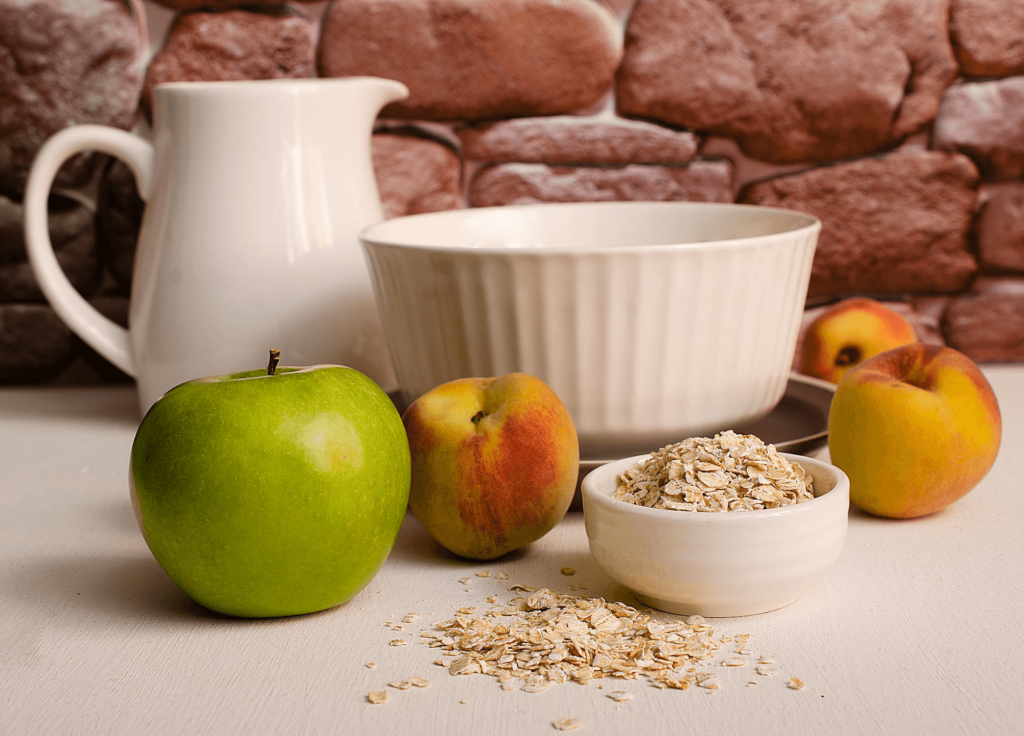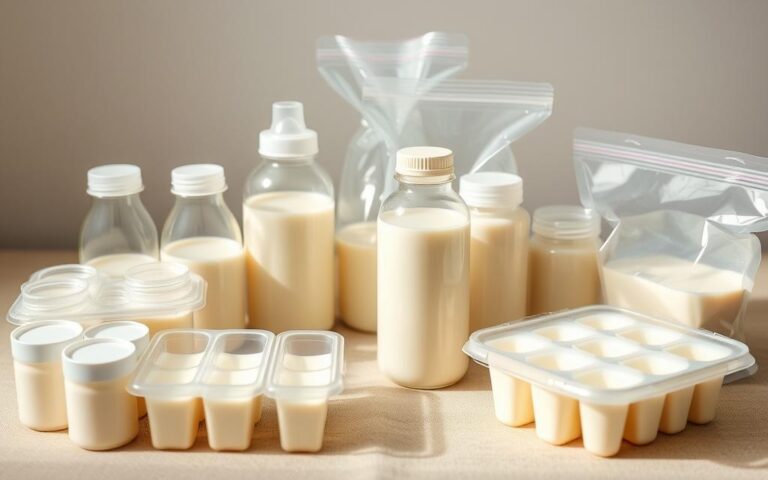13 Best Foods for Breastfeeding

As a breastfeeding parent, incorporating these nutritious superfoods into your diet can help you and your baby get the essential nutrients you need.
When you’re breastfeeding, your body is constantly producing milk, which requires extra calories and nutrients. This often leads to increased hunger. To meet these demands, it’s crucial to consume nutrient-dense foods that support your health and milk production.
Here are 13 of the best foods to include in your breastfeeding diet, excerpted from “Boost Your Breast Milk: An All-In-One Guide for Nursing Mothers to Build a Healthy Milk Supply” by Alicia C. Simpson. These foods are known to be rich in healthy fats, vitamins, minerals, phytonutrients, and antioxidants. While not all have been scientifically proven to increase milk supply, many have been used traditionally for centuries.

Image credit: DRAKE NICOLLS
1. Avocados
Avocados are packed with healthy fats and nutrients, making them a great choice for nursing parents. They are nearly 80% fat, which helps you feel full and provides heart-healthy monounsaturated fats. Avocados also contain B vitamins, vitamin K, folate, potassium, vitamin C, and vitamin E.
2. Oats
Oats are a popular food among breastfeeding parents for their potential milk-boosting properties. They are an excellent source of carbohydrates, fiber, vitamins, and minerals. Oats can also help with digestion, lower blood sugar levels, and keep you feeling satisfied.
3. Nuts
Nuts are rich in essential minerals like iron, calcium, and zinc, as well as vitamin K and B vitamins. They also provide healthy fats and protein. Almonds, in particular, are highly regarded for their lactogenic properties in many cultures.
4. Beans and Legumes
Beans and legumes are excellent sources of protein, vitamins, minerals, and phytoestrogens. Chickpeas, used as a galactagogue since ancient Egypt, are especially beneficial. Eating a variety of beans and legumes can support a healthy milk supply.
5. Mushrooms
Certain types of mushrooms, such as reishi, shiitake, maitake, shimeji, and oyster mushrooms, are high in beta-glucans, which are believed to enhance milk production. Including these mushrooms in your diet may help increase milk supply.
6. Green Leafy Vegetables
Green leafy vegetables contain phytoestrogens that may positively affect milk production. Vegetables like spinach, kale, and broccoli are rich in nutrients and beneficial for overall health.
7. Red and Orange Root Vegetables
Carrots and yams have been used in various cultures to support lactation. These vegetables are high in nutrients and phytoestrogens, which may help improve milk quality and quantity.
8. Seeds
Seeds such as sunflower, pumpkin, and sesame seeds are nutrient-dense and high in protein, iron, zinc, and healthy fats. They have been traditionally used to support lactation.
9. Chia Seeds
Chia seeds are a rich source of fiber, protein, calcium, magnesium, and omega-3 fatty acids. They help keep you full longer and support overall health.
10. Hemp Seeds
Hemp seeds have an ideal omega-3 to omega-6 ratio and are a complete protein source. They are high in iron and zinc, important for both maternal and infant health.
11. Flaxseeds
Flaxseeds provide protein, fiber, and omega-3 fatty acids. They need to be ground for optimal digestion. Flax oil is another great source of omega-3s and blends well with various foods.
12. Turmeric
Turmeric has anti-inflammatory properties that can help with mastitis and breast engorgement. It is also believed to boost the immune system of both parents and babies.
13. Ashwagandha
Ashwagandha is an adaptogenic herb that helps reduce stress, which is beneficial for breastfeeding parents. It can improve overall quality of life and lower cortisol levels, potentially enhancing milk production indirectly.
Incorporating these superfoods into your diet can help ensure you and your baby receive the nutrients needed for a healthy breastfeeding journey. Always consult with your healthcare provider before making significant changes to your diet.






